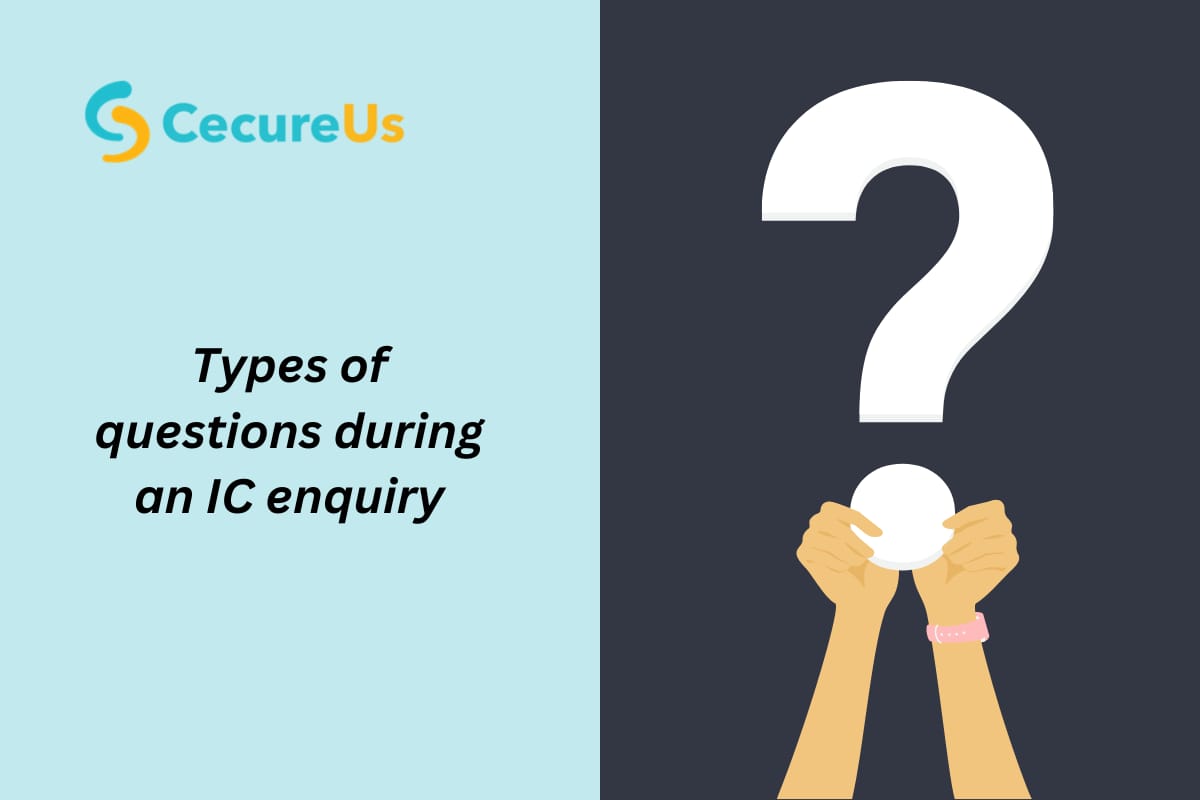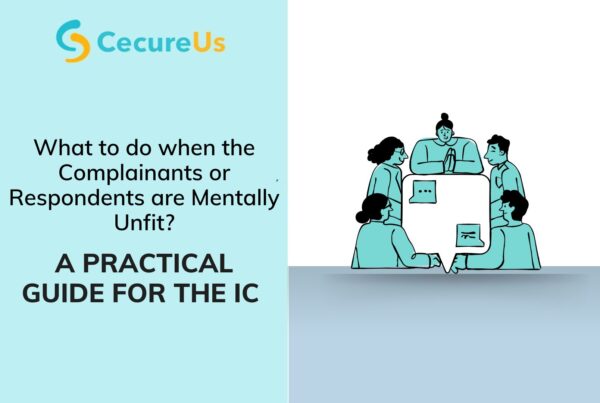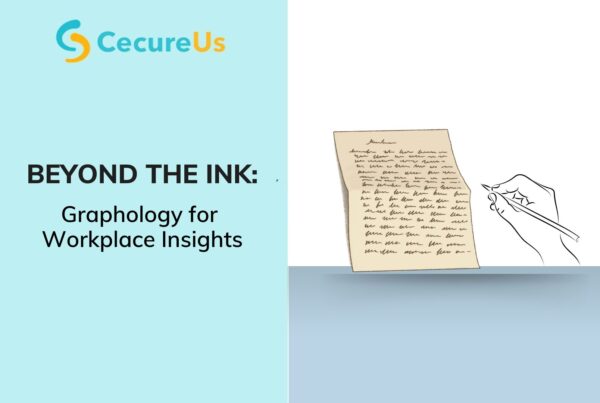
In a sexual harassment inquiry case, the interview questions should be designed to gather relevant and sensitive information while ensuring the privacy and well-being of the parties involved. The questions should be open-ended, non-leading, and neutral. Here are some types of interview questions that might be asked:
Factual Questions
These questions aim to gather objective and verifiable information about the case. They help establish the basic facts and details surrounding the incident.
Example:
- Were there any witnesses to the incident(s)? If yes, can you provide their names?
Timeline Questions
Examples:
- Can you provide a chronological order of events?
- Is there any specific time frame that is crucial to understanding the case?
Open-ended Questions
Encourage respondents to provide detailed, subjective, and thoughtful answers. These questions allow witnesses/victims/harassers to express their opinions, feelings, and experiences in their own words.
Example:
- What were the key factors that led to the issue/ harassment?
Closed-ended Questions
These questions have a limited set of predetermined answers and typically require a short and specific response. Closed-ended questions are useful for obtaining specific information or verifying details quickly. Particularly useful for fact-checking.
Example:
- Did the incident occur on XX-XX-XXX (Date)?
Clarifying Questions
Use these questions to seek further explanation or to clear up any uncertainties about the information provided.
Example:
- Can you elaborate on what you meant by “X”?
Multiple-Choice Questions
These questions offer a set of predetermined options and can be useful when dealing with specific details or preferences.
Examples:
- Which of the following best describes the harassment?
- They sent reels that had objectionable content
- They made multiple requests for video calls at late hours
- They kept romantic status messages on WhatsApp which only can be viewed by yourself
Leading Questions
Be cautious with leading questions as they can unintentionally influence or bias the respondent’s answer. However, they can be used when you have strong evidence and need confirmation.
Example:
- The alleged harasser, calls you sweetie, honey, etc in front of the entire team is that correct?
Future-Oriented Questions
These questions can help explore potential solutions or preventive measures.
Example:
- What steps can be taken to prevent a similar incident in the future?
Please reach out to us for any queries on Types of Questions To Ask In a PoSH Case Inquiry.
For more blogs and articles, visit our official website. Contact us for workshops and queries related to POSH, EAP (Employee Assistance Program,) and Diversity and Inclusion.




